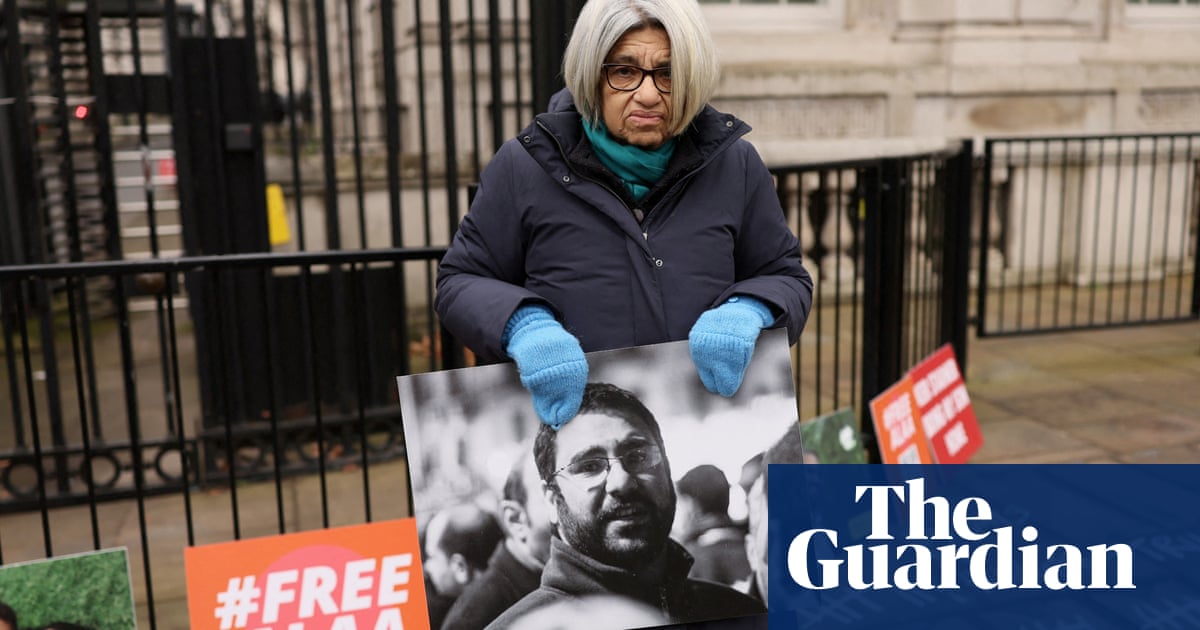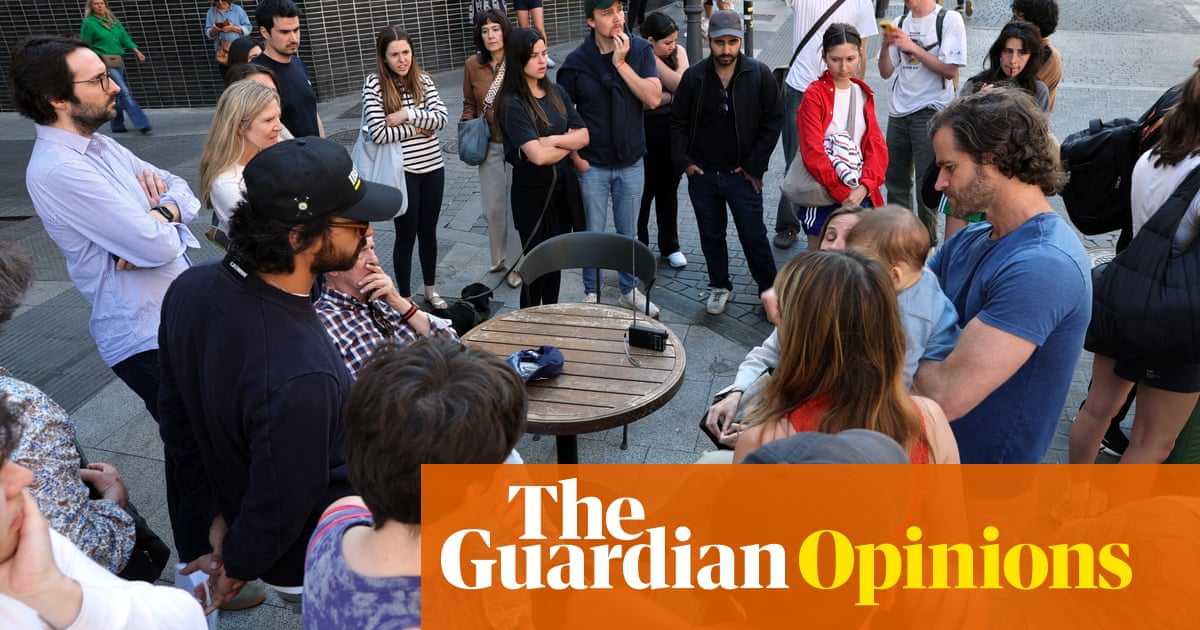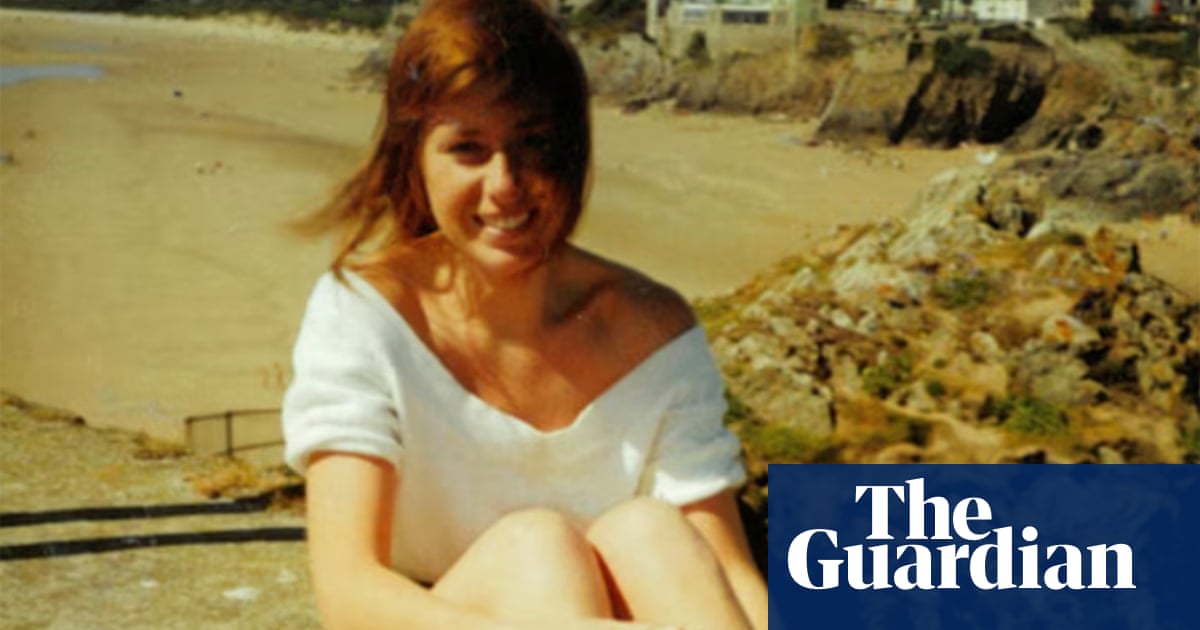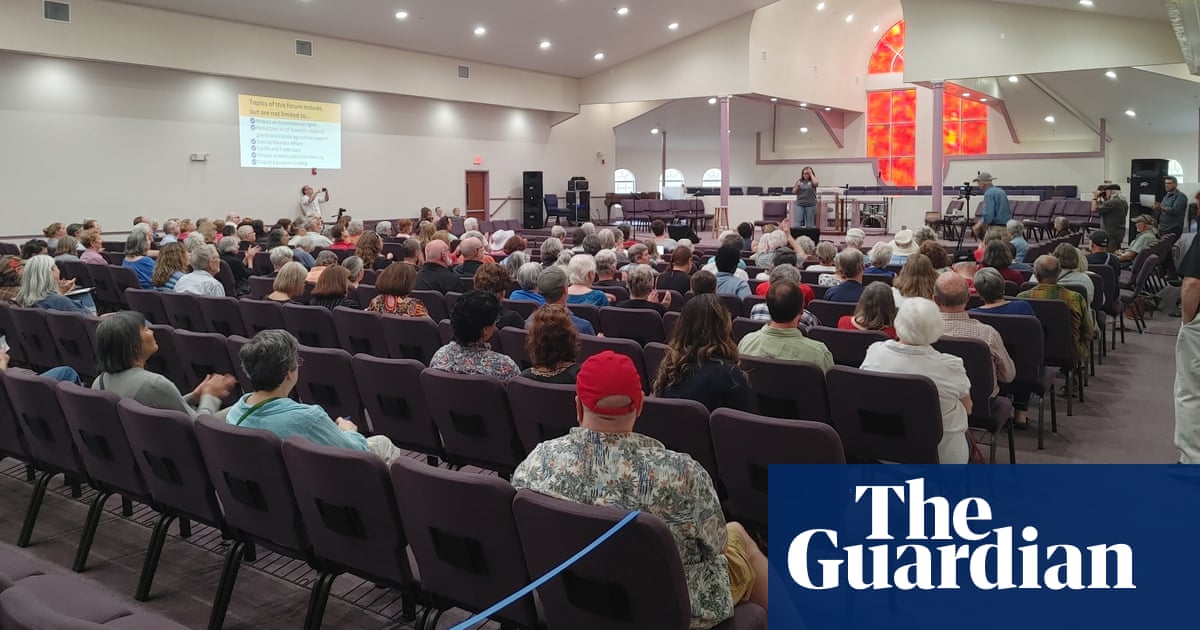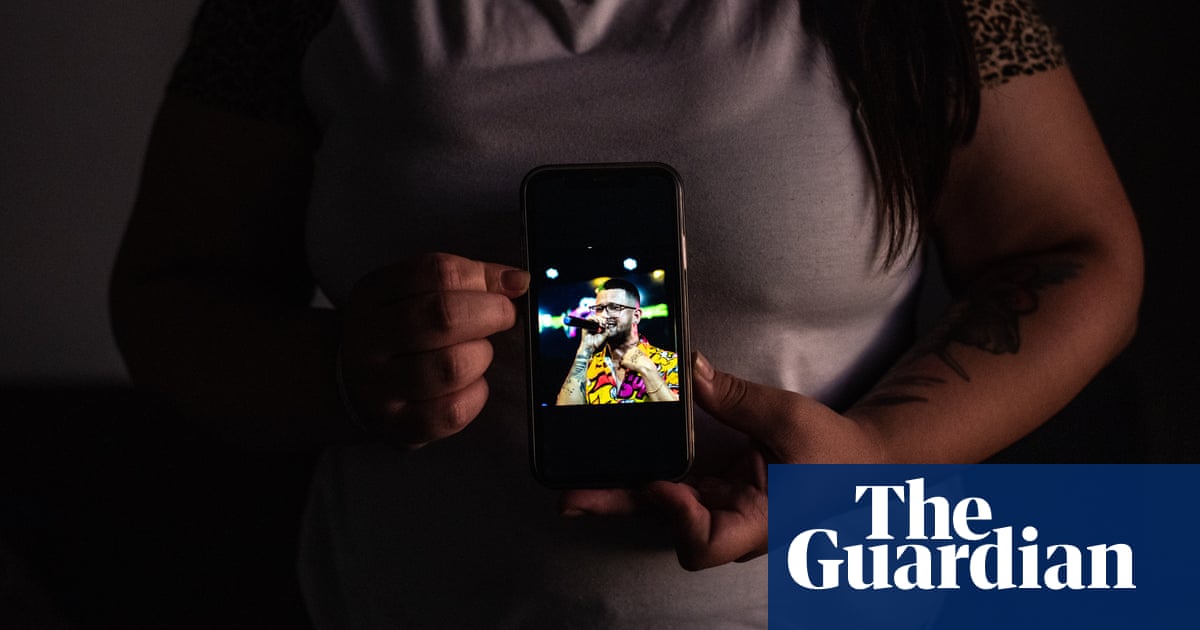The family of Sonya Massey and officials from Sangamon county, Illinois, reached a settlement in which the Illinois county agreed to pay Massey’s family $10m.
The settlement comes nearly a year after Massey, a 36-year-old Black woman and mother of two, was shot and killed in her home by a sheriff’s deputy who was responding to her call for help.
The settlement will probably help avoid a lawsuit over the shooting by Sean Grayson, a former deputy. Grayson, 30, is charged with first-degree murder in Massey’s death.
Jack Campbell, a former Sangamon county sheriff, who hired Grayson, retired following the shooting. The county came to an agreement with the justice department to ensure they have the tools to adequately train its department in de-escalation techniques, dealing with mental health disabilities and non-discriminatory policing.
Following the shooting, a citizen’s commission in Sangamon county, called the Massey commission, was founded “to take action and make recommendations that expand safe and equitable access to services by addressing systemic racism and mistrust in law enforcement and other helping professions”, according to the commission’s website.
Before county officials voted on the settlement, Andy Van Meter, the Sangamon county board chair, released a memo about the shooting.
“No price paid can take back the actions of a rogue former deputy, but this agreement is an effort to provide some measure of recompense to the Massey family for their unimaginable loss,” the memo reads.
“The county remains committed to working with the community to strengthen policies to try to ensure tragedies like this never happen again.”
Massey’s death received national attention as both another example of police brutality and the police killing of people who were in need of mental health help.
In the days leading to the shooting, both Massey and her mother called 911 repeatedly for help. Massey’s mother specifically asked the dispatcher not to send anyone “prejudiced” and said that she didn’t want anyone to hurt her daughter.
On the day of the shooting, Massey herself called emergency responders to report a suspected prowler. Grayson and another sheriff’s deputy responded to the call. While talking to Massey in her living room, Grayson told the other deputy to remove a pot of water from the stove.
Massey removed the pot herself, noted that Grayson backed away from it, and told him: “I rebuke you in the name of Jesus.” Grayson drew his weapon and yelled at Massey to drop the pot. She ducked behind a counter and apologized. Grayson shot three times, and killed Massey with a shot to the head.
“When Sonya Massey was staring at the barrel of his gun, she stooped down, said, ‘Sorry, sir, sorry,’ and the bullet was shot while she was in this stooped position, coming up,” the civil rights attorney Ben Crump, who is representing Massey’s family, said in a press conference last year.
“The autopsy confirms what everybody already knows, that this was just a senseless, unnecessary, excessive use of force.”
After the killing, Massey’s family said that she was a descendant of William Donnegan, a Black man who was lynched by a white mob during Springfield’s 1908 race riots, which killed 17 Black people over a two-day period. Following the race riot, a group of Black and white Americans came together to create the National Association for the Advancement of Colored People (NAACP). A relative noted last year that Massey was taken to the same hospital as her ancestor following the shooting. It was there that Massey was pronounced dead and where, 116 years earlier, Donnegan was also pronounced dead.
Massey’s family is expected to hold a press conference about the settlement on Wednesday, which would have been her 37th birthday.

.png) 2 months ago
30
2 months ago
30




